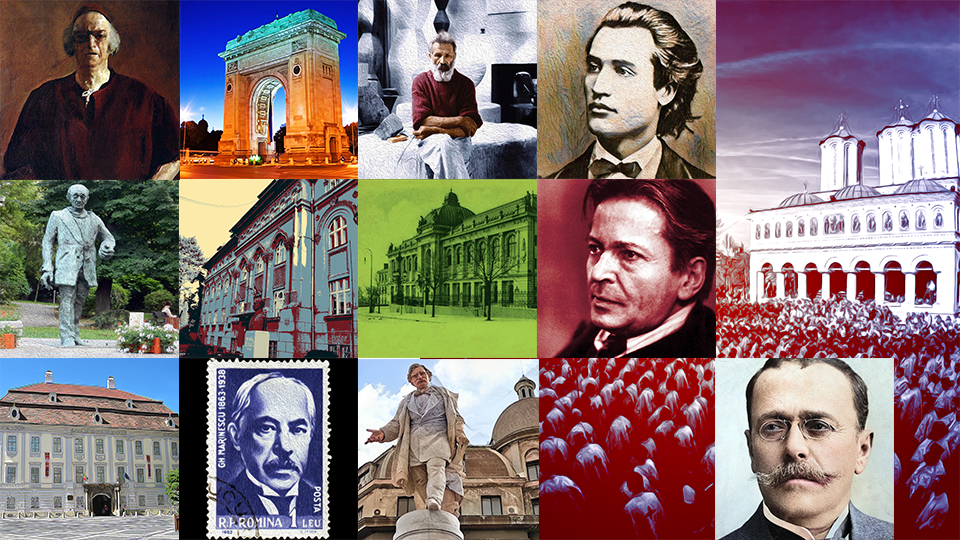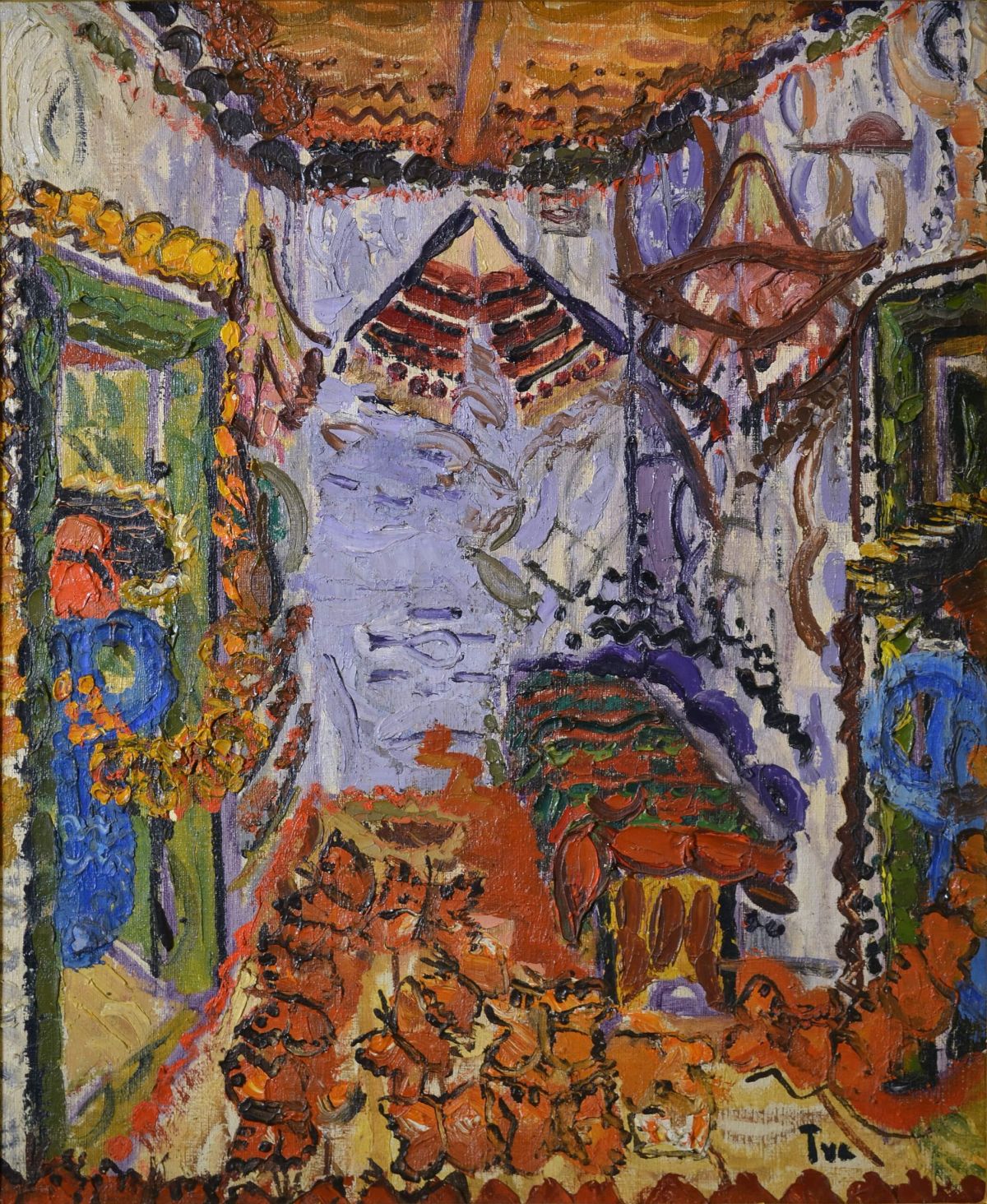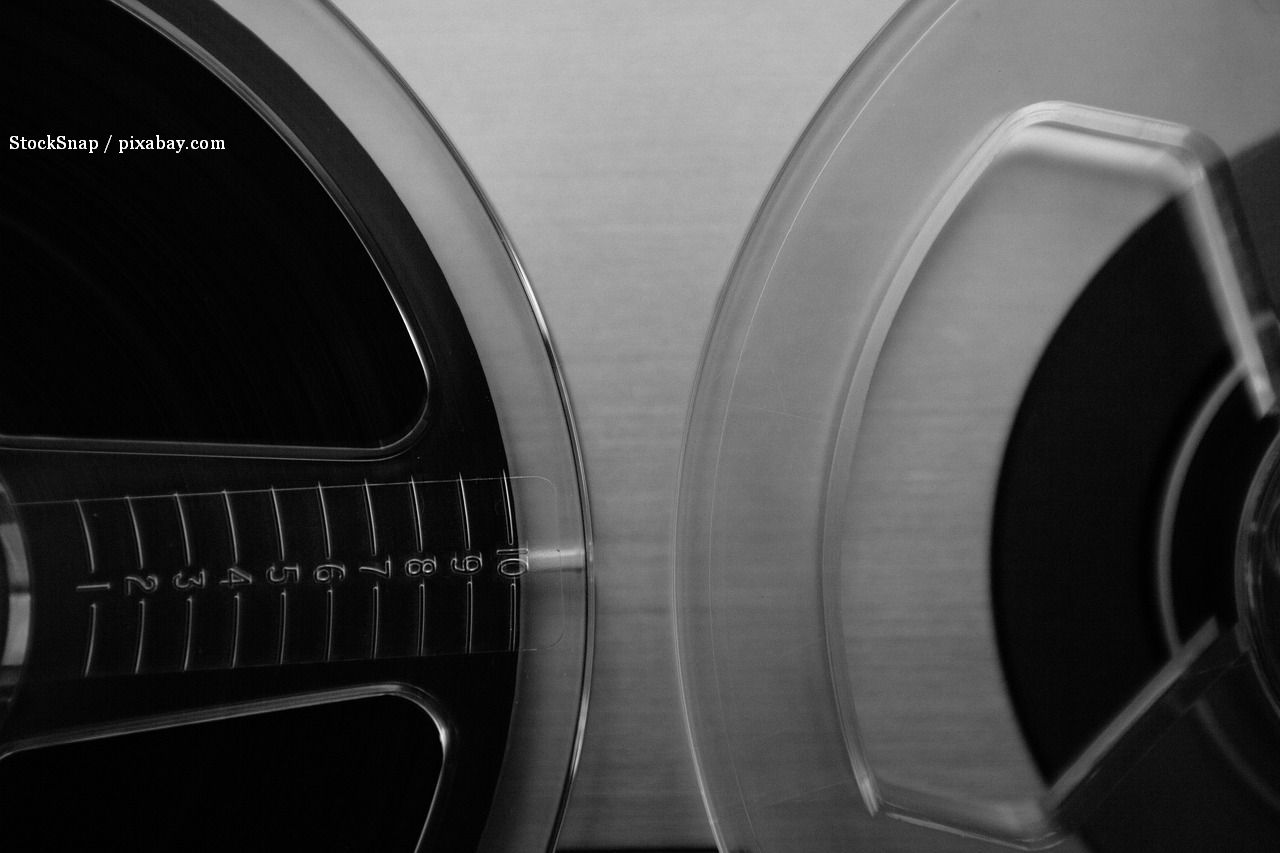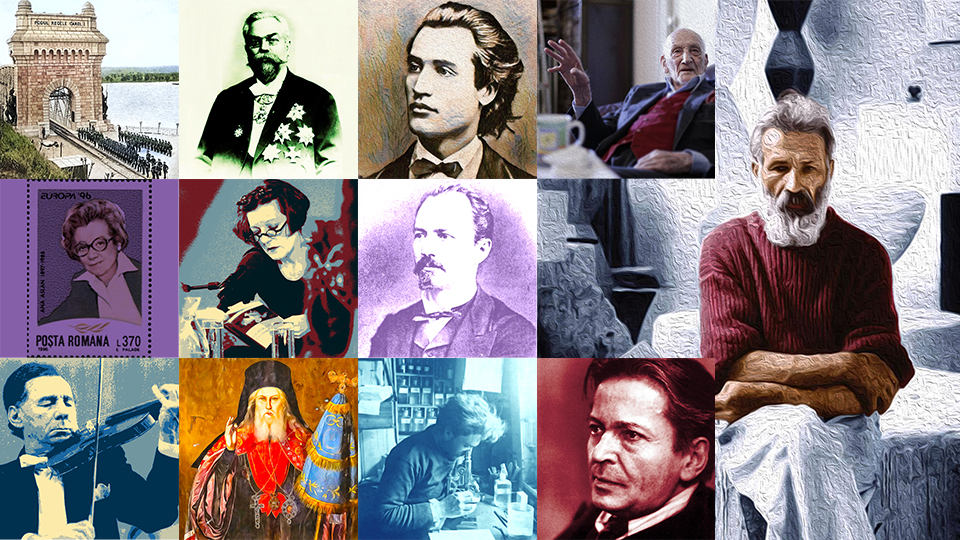Painter Corneliu Baba
Warning: Trying to access array offset on null in /home/web/rri.ro/public/wp-content/themes/rri/template-parts/content.php on line 53
Warning: Trying to access array offset on null in /home/web/rri.ro/public/wp-content/themes/rri/template-parts/content.php on line 98
Christine Leșcu,
09.12.2017, 13:19
Born in Craiova
on November 18, 1906 and having lived a long period in Bucharest, where he
passed away in December 1997, painter Corneliu Baba left a very original mark
on the Romanian arts for more than half a century. The shapes, colours and even
themes in his works are reminiscent of the classical elements of painting. But
although Baba would not abandon these conventions, which were already seen as
obsolete by the artistic avant-garde of the inter-war years, he created a very
personal style within these classical boundaries.
Corneliu Baba
made his debut in 1934, with an exhibition organised in Baile Herculane and
financed by his father, Gheorghe Baba, himself a church mural painter. But his
first university years had not been devoted to the field of painting. Until
1930, he had studied literature and philosophy in Bucharest. It was only after
the exhibition in Baile Herculane that he moved to Iasi, to attend the Fine
Arts Academy under the coordination of painter Nicolae Tonitza. He stayed in
Iasi for 16 years, and came to teach at the Fine Arts Academy. After 1946,
right after he had been granted tenure at the Academy, the communist
authorities censured him as too formalist, a painter who failed to appreciate
the new realities in the country and who continued to find inspiration in the
works of Nicolae Grigorescu, Tonitza, El Greco, Goya and Rembrandt. Imprisoned
and then transferred to Bucharest, Corneliu Baba was paradoxically safe from
further persecution thanks to Soviet artists. The latter appreciated the
humanism of Baba’s aesthetic beliefs and found him to be very close in this
respect to Socialist realism.
Here is art critic Pavel Susara, the author of a
monograph on Baba’s art, with an explanation:
Baba had
embraced a humanist perspective, an approach centered on man, to which he had
been driven by his personality and his experience. Man is at the core of Baba’s
worldview. And coincidentally, the Russian and Soviet painters of the time preferred
this humanist paradigm, which was mid-way between the propaganda of Socialist
realism and the vocation of high art. So Baba and the Soviet artists converged
on this topic of the heroism of human nature. He had nothing to do with
Socialist realism. But Socialist realism was seeking its precursors, apostles
or prophets. In the category of humanist painters, the supporters of Socialist
realism found fertile ground for their own interests. Corneliu Baba was
therefore appropriated by Socialist realism, although in retrospect his
relationship with this current was limited to the names of his works, such as
‘Steelworker,’ ‘Lunch on the crop fields,’ which are related to the Socialist
outlook, focusing on the proletariat and peasantry. So in fact Baba made no
change in his individual artistic universe. He would have stood by his beliefs
even if the communist propaganda had not appeared. And even when socialist
realism was no longer the prevailing doctrine in Romanian fine art, Baba
carried on with his individual outlook which is perfectly consistent with what
he had been done before.
Once
rehabilitated thanks to the appreciation of the Soviet artists, but more
importantly thanks to the public confidence he had gained slowly but steadily,
Corneliu Baba carried on his professional career. He became a professor at the
Bucharest Institute of Fine Arts, he won countless awards and had exhibitions
abroad. He was a member of the Romanian Academy, an honorary member of the
Russian Arts Academy and a corresponding member of the Berlin Academy.
Throughout this time, Corneliu Baba never stopped being a tragic humanist, one
who perceives the outstanding greatness of man, and as time goes by, also the
vulnerability, the frailty of human beings, as art critic Pavel Susara put it.
All these are
particularly evident in Coneliu Baba’s later works, the series of harlequin
kings and the self-portraits. As for Corneliu Baba’s artistic legacy, Pavel
Susara concludes:
Baba was
never truly liked by the communist regime. They found a way to live with one
another, but it was a cohabitation marred by tensions and suspicions. The
communists could not use Baba as a readily available propaganda instrument, as
other painters were at that time. If Adrian Ghenie is so successful today in
Romania and abroad, this is in part because to a significant extent he
continues in a different paradigm Corneliu Baba’s nightmarish project and his
dissolutive vision. Ghenie was the student of painter Corneliu Brudascu in
Cluj, and Brudascu was the student of Corneliu Baba. So in a way, Ghenie is the
successor of Corneliu Baba, even in terms of this view on humanity in brackets
pioneered by Corneliu Baba.

